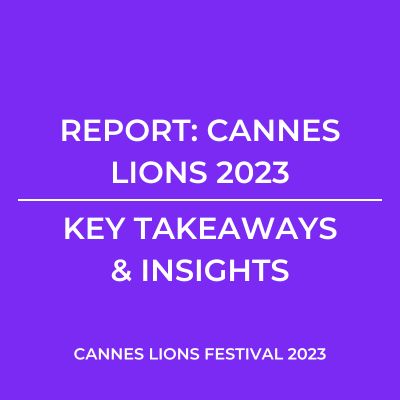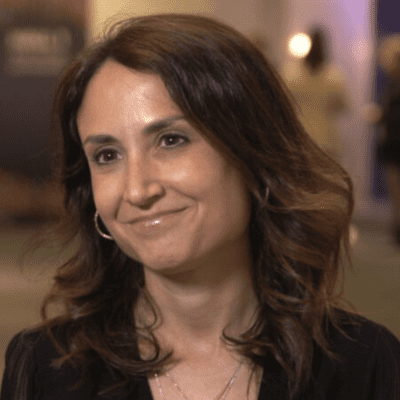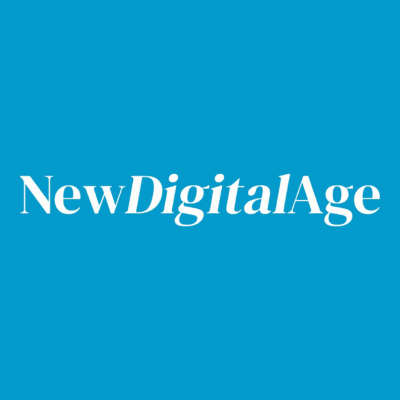In this exclusive interview with PHD, Les Binet, Group Head of Effectiveness at adam&eveDDB and a leading researcher on marketing effectiveness speaks to Tomas Lilja, Strategy Director at PHD Sweden, about the practicalities of long-term brand building and what marketers should think during political and economic uncertainties in the landscape.
Tomas Lilja, PHD: The evolvement of the 60/40 rule: Does it still hold relevance today?
Les Binet: Yes – I think so. The 60/40 rule is not an iron rule that you always have to have 60% brand and 40% activation. As Peter (Field) and I said in our book, “Effectiveness in context“, – It varies from brand to brand, situation to situation, and sometimes it’s 60/40 or perhaps 65/35 or 50/50; it depends on things like brand size, price, category, etc…
My gut feeling is that this is about people rather than media and marketing. When people decide anything – like what to buy, whether or not to invade Ukraine, it’s 60% long-term thinking, and much of it is not very explicit or very conscious. The active thinking that you could interfere with activations is a smaller one.
TL: We are moving towards a recession with increased interest rates and inflation. What effect do you believe that will have on the marketing industry?
LB: The current situation where many people will find that their bills have gone up, gas and electric bills, and those sorts of things have become more expensive – people might become more price-sensitive. That might mean that the balance between brand messages that are more emotional and complicated, about prices might have to change. But it’s not clear which way we have to go. So, in a situation where people become more price-sensitive, it could be that an essential job for marketing is to try and make people pay less attention to prices. And you can only do that through emotional branding.
TL: What are the top three biggest mistakes advertisers make today? (We can skip the first obvious one – splitting their budgets incorrectly!).
LB: The first mistake is probably not spending enough; I mean, there are many different kinds of errors that can be made, but I’ve often worked with companies that have maybe had great creative work, but they don’t put enough money behind it. They don’t have the share of voice, so they still fail. I’m a great advocate of great creative work and the importance of creativity.
If I had to choose between having a great ad with no money behind it and a good ad with a massive budget – I’d probably go for the good ad with a really big budget because media spending and share of voice really matter. Spending enough is important and spending it on the right things even more.
Another mistake related to the first one is cutting spending at the wrong time or making mistakes in deciding whether or not your advertising is working. I see this a lot where brands in the early days when sales are rising – find it quite easy to argue for more budget and more investment. But then typically, those companies will naturally reach a plateau, and they go: “Okay, now we need to cut spending!” And that’s the thing you don’t want to do!
TL: What are the most critical skills for today’s marketers to keep up with our industry?
LB: I like not to be distracted by short-term things, the latest fashion, short-term news – therefore I don’t read a newspaper. I wouldn’t say I like to watch too much TV news because it forces you to focus on short-term things that are often not important. Whether in society in general or in the marketing industry, the important things are the things that don’t change, or they change very slowly.
The biggest challenge is to focus on the big picture and the things unchanged in life, like aspects of human psychology and, consumer demands & marketing. And not to be distracted too much by the shiny “new stuff”.
Bill Bernbach, one of our brave founders, talked about the “unchanging man” – what aspects of human behaviour don’t change? Because that’s where the exciting things are.
—
Les Binet spoke to PHD after presenting at Gbg Media Day in Sweden, As part of his presentation, Binet talked about Share of Search, a new way to help track the health of brands and the effectiveness of advertising. Research over the last decade by Binet and others suggests that Share of Search analysis is fast, cheap, and predictive and can measure short- and long-term ad effects.



